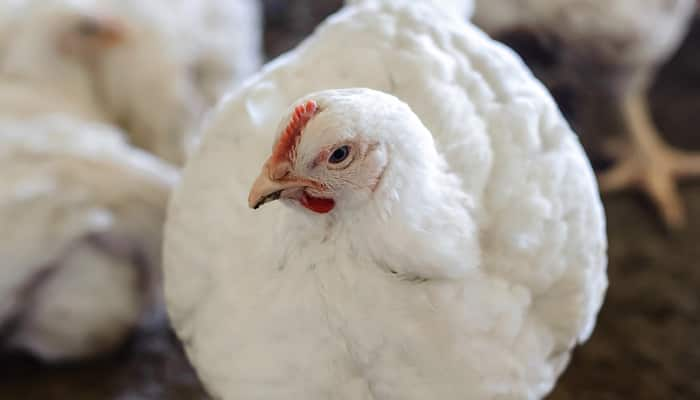Zee Media Bureau
Washington DC: This news might sound like a fowl suggestion, but scientists say these stinky, dirty chickens can actually help you avoid getting malaria.
Scientists found that while mosquitoes have a taste for humans, they tend to avoid chickens and other birds due to their smell, thereby protecting humans from mosquito-transmitted diseases.
Researchers at the Swedish University of Agricultural Sciences and Addis Ababa University, Ethiopia found that Anopheles arabiensis, one of the predominant species transmitting malaria in sub-Saharan Africa, avoids chickens when looking for hosts to feed on. This indicates that, unlike humans, cattle, goats and sheep, chickens are a non-host species for An. arabiensis and that the mosquitoes have developed ways of distinguishing them from host species.
Corresponding author Rickard Ignell said: "We were surprised to find that malaria mosquitoes are repelled by the odours emitted by chickens. This study shows for the first time that malaria mosquitoes actively avoid feeding on certain animal species, and that this behavior is regulated through odour cues."
To find out which species the mosquitoes prefer, the research team collected data on the population of human and domestic animals in three Ethiopian villages. They also collected blood-fed mosquitoes to test for the source of the blood that the mosquitoes had fed on.
The researchers found that while An. arabiensis strongly prefers human over animal blood when seeking hosts indoors, it randomly feeds on cattle, goats and sheep when outdoors, but avoids chickens in both settings, despite their relatively high abundance.
Since mosquitoes select and discriminate between their hosts mainly based on their sense of smell, the researchers collected hair, wool and feathers from potential host and non-host species to analyze the odour compounds present in them. Identifying certain compounds that were only present in chicken feathers, the researchers used these and other compounds obtained from all species to test their ability to repel mosquitoes from mosquito traps. The traps were set up in 11 thatched houses in one of the villages for a total of 11 days. In each of the houses, a single volunteer aged between 27 and 36 years slept under an untreated bed net.
The researchers found that significantly fewer mosquitoes were caught in traps baited with chicken compounds than in control traps. Suspending a living chicken in a cage next to a trap had a similar repellent effect.
Because it feeds indoors and outdoors on various host species, An. arabiensis is difficult to control with existing methods, according to previous research. The results of this study suggest that, in combination with established control methods, the odours emitted by chickens and other non-host species could prove useful in controlling An. arabiensis.
According to the World Health Organization (WHO), about 3.2 billion people - almost half of the world’s population - are at risk of malaria. Last yeat it killed nearly 400,000 people in Africa, as per the United Nations.
The study appears in the open access Malaria Journal.
(With ANI inputs)
















